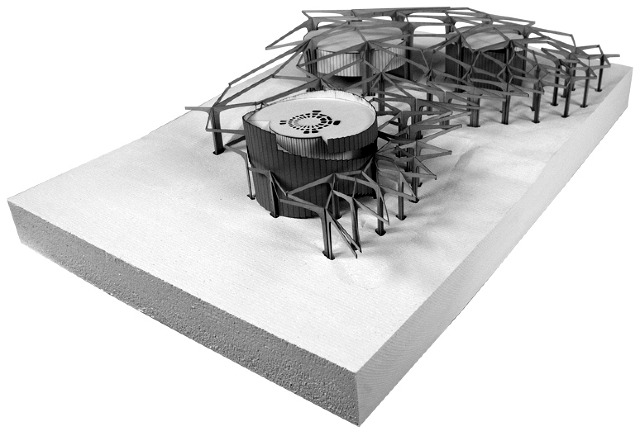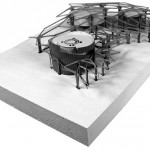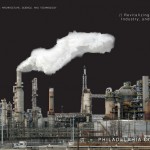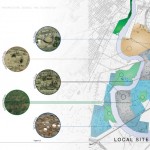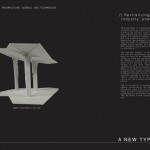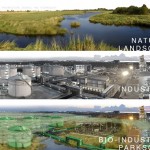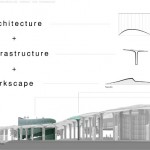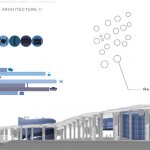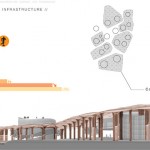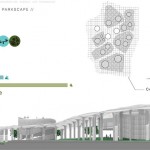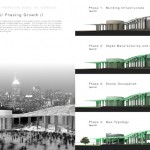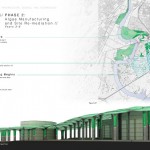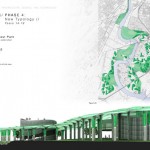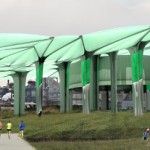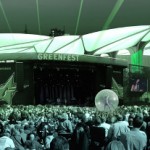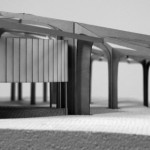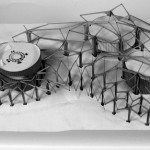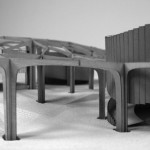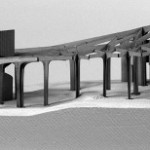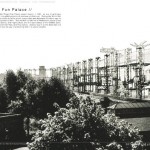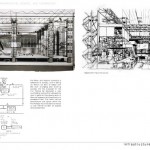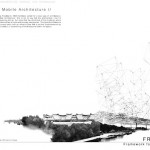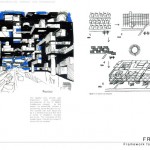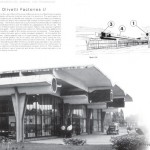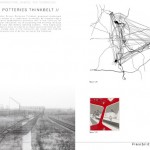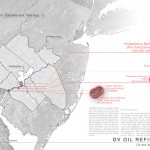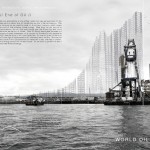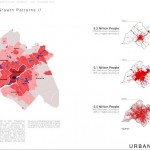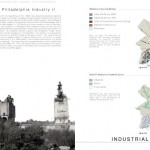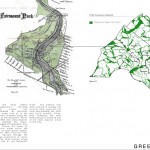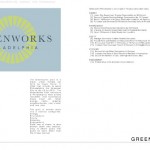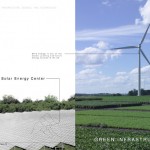Kyle Baumgardner
ARCH-4980.1 | Chris Perry, Assistant Professor
GRAYS FERRY
A New Bio-Industrial Parkscape
KYLE BAUMGARDNER
Philadelphia is in the midst of an identity crisis. Over the last century, Philadelphia and its surrounding metropolitan area have been the leading refiners of petroleum products on the east coast; being home to half of the refineries in this region. In recent years these refineries have either been sold, downsized, or closed; costing the area thousands of jobs, both directly and indirectly, and millions of dollars in taxes for the area. Running parallel to these events is a major urban initiative called the GreenWorks plan, which aims to make Philadelphia the ‘Greenest’ city in America. At first glance one would think that the conclusion of this ‘dirty’ energy industry would ultimately benefit the end goal of the GreenWorks plan, and in many ways this is true, but not at the current pace of attrition. So Philadelphia has been met with a conundrum; one of the city’s oldest and largest industries is failing and although it has some fundamental ethical conflictions with the city’s new sustainable initiative, it is still a vital part of Philadelphia’s history and economy.
This thesis aims to recondition this declining industry as well as the deteriorating urban and ecological fabrics of surrounding the site by adapting concepts from post war projects that dealt with similar problems at various scales. Projects like Yona Friedman’s Spatial City where he explores how a framework can create mobility in architecture, and Marco Zanuso’s work on the integration multiple architectural systems with new technologies, and Cedric Price’s Potteries Thinkbelt which challenged the notion of a traditional university by transforming a derelict industrial center into a new institute for higher education. The end goal of this thesis attempts to synthesis these concepts as a means of transitioning a prior century’s industry based in ‘dirty’ technology, to one based in ‘clean’ technology; thus creating a new typology, a bio-industrial parkscape, that will be a beacon for the city’s new sustainable future.
